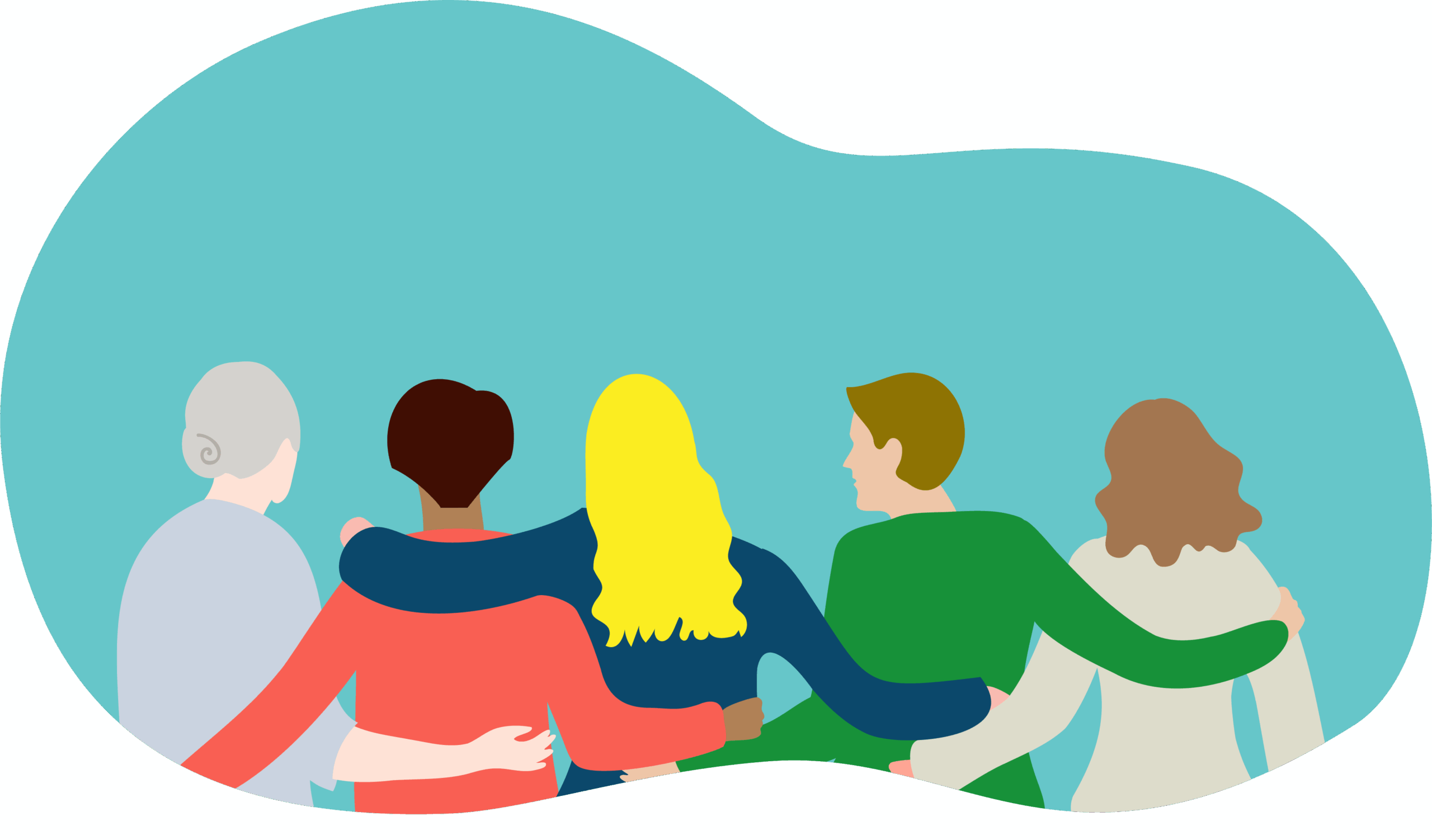Message
メッセージ

OiTrがあたりまえになる日を夢見て ワクワクしています。
私たちは「社会」と「企業」が同じ方向を向くことが大切だと考え、まず現在の社会課題を知る・学ぶことからはじめました。
様々な社会課題に触れる中、ジェンダーギャップ・経済格差などの問題は、私たち自身も身近で感じることができるものでした。
これまでの“あたりまえ”も、よく考えてみれば変なことも多い。
この“おかしなあたりまえ”を更新して、更新後の状態を“よいあたりまえ”として定着させたい。それが、プロジェクトの根幹になりました。
そんな社会をつくるために、最小限の負担を多くの人で分かち合うことで継続できるエコシステムがよいなと思っていました。
企業側としても、ソーシャルグッドな施策は企業価値を上げるものとして活用したいと思ってもらえるのではないかと考えています。
生理用品の提供を行う上で「助けてもらう」とか「施しを受ける」という心理的障壁が大きくなりすぎないよう注意を払いました。
利用者の皆さんが「OiTrの広告を見る」ということがトレードオフとして機能するので、実際に利用者の皆さんが一方的に施しを受けるといった構造ではありません。
つまり、トイレを利用する全ての人たちで支え合っているということにもなります。


OiTrのこれから

OiTrの存在が“あたりまえ”の世の中になることを夢見ています。
海外では「生理の貧困」が深刻化している現状があり、様々なメディアで取り上げられています。2020年11月にはスコットランドが世界で初めて「生理用品無償化」の法案が可決され、2021年2月には、ニュージーランドもそれに追随しました。また、日本では負担軽減を求める声があがっています。
OiTrのサービスを通じて、企業や個人との間にパートナーシップを築き、社会課題を解決していくことを目指しています。我々のプロダクトである「Free pad dispenser OiTr」は、SDGsの「1.貧困を無くそう」「3.すべての人の健康と福祉を」「5.ジェンダー平等を実現しよう」の3つの項目に貢献できると考えています。